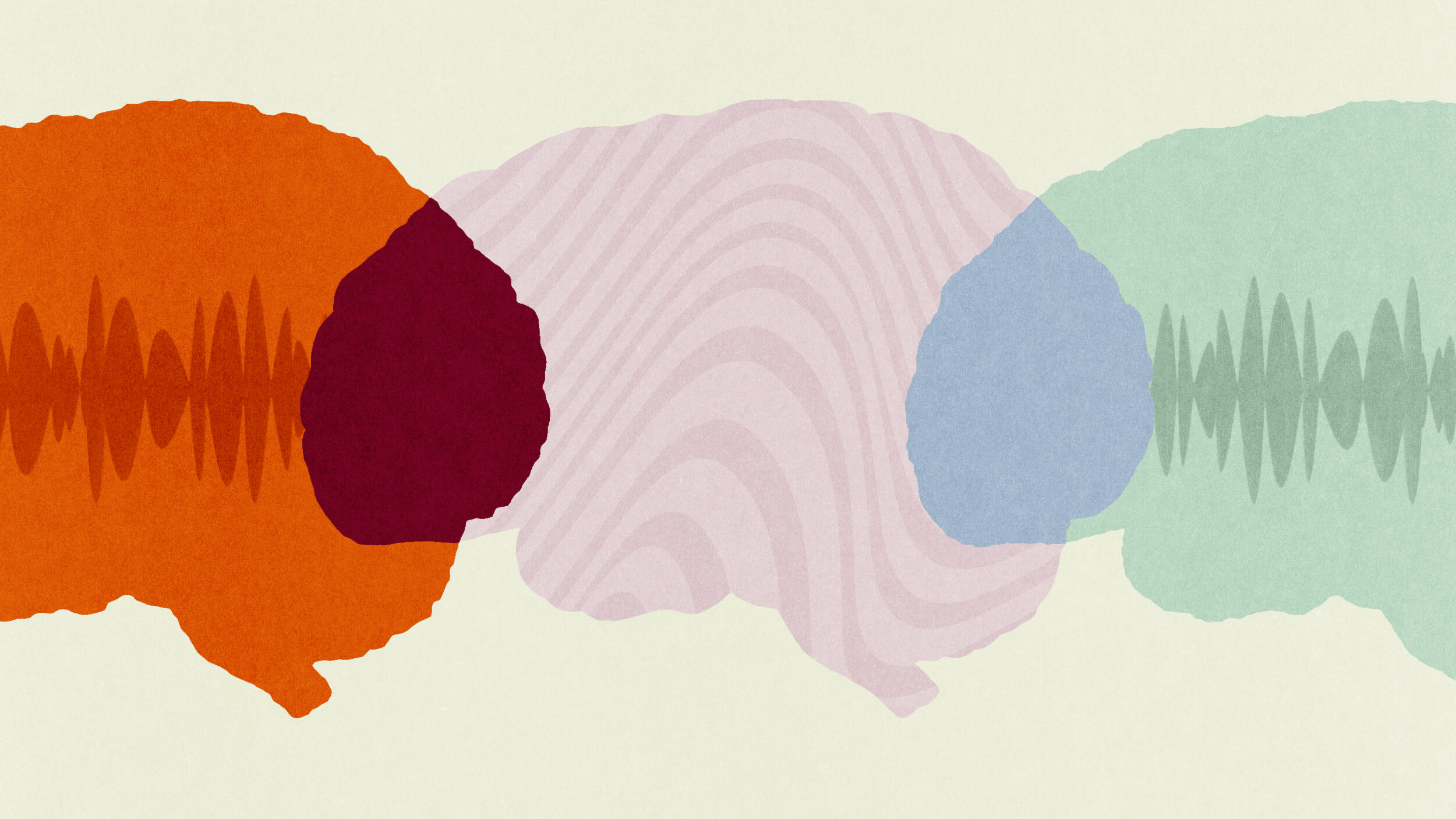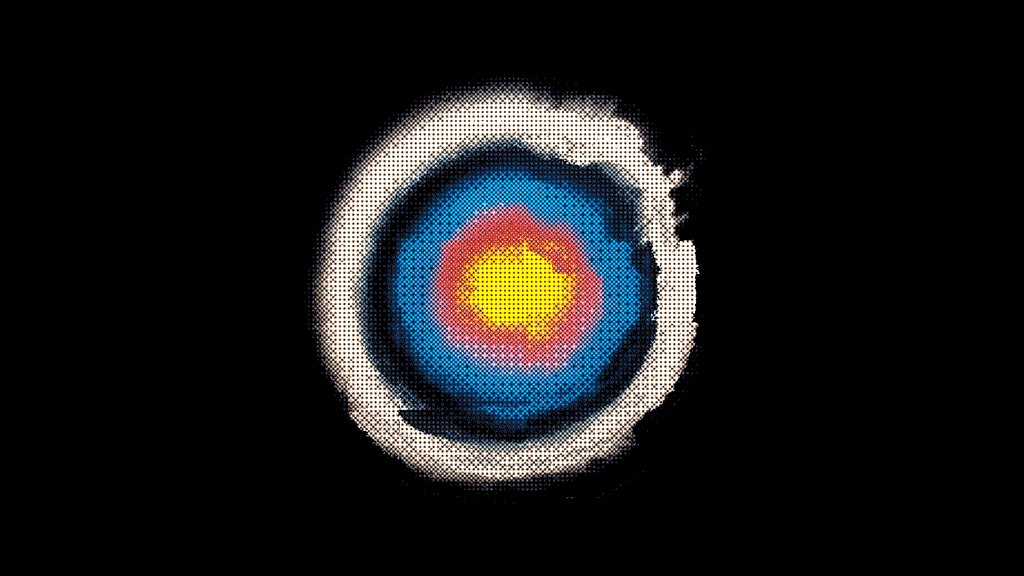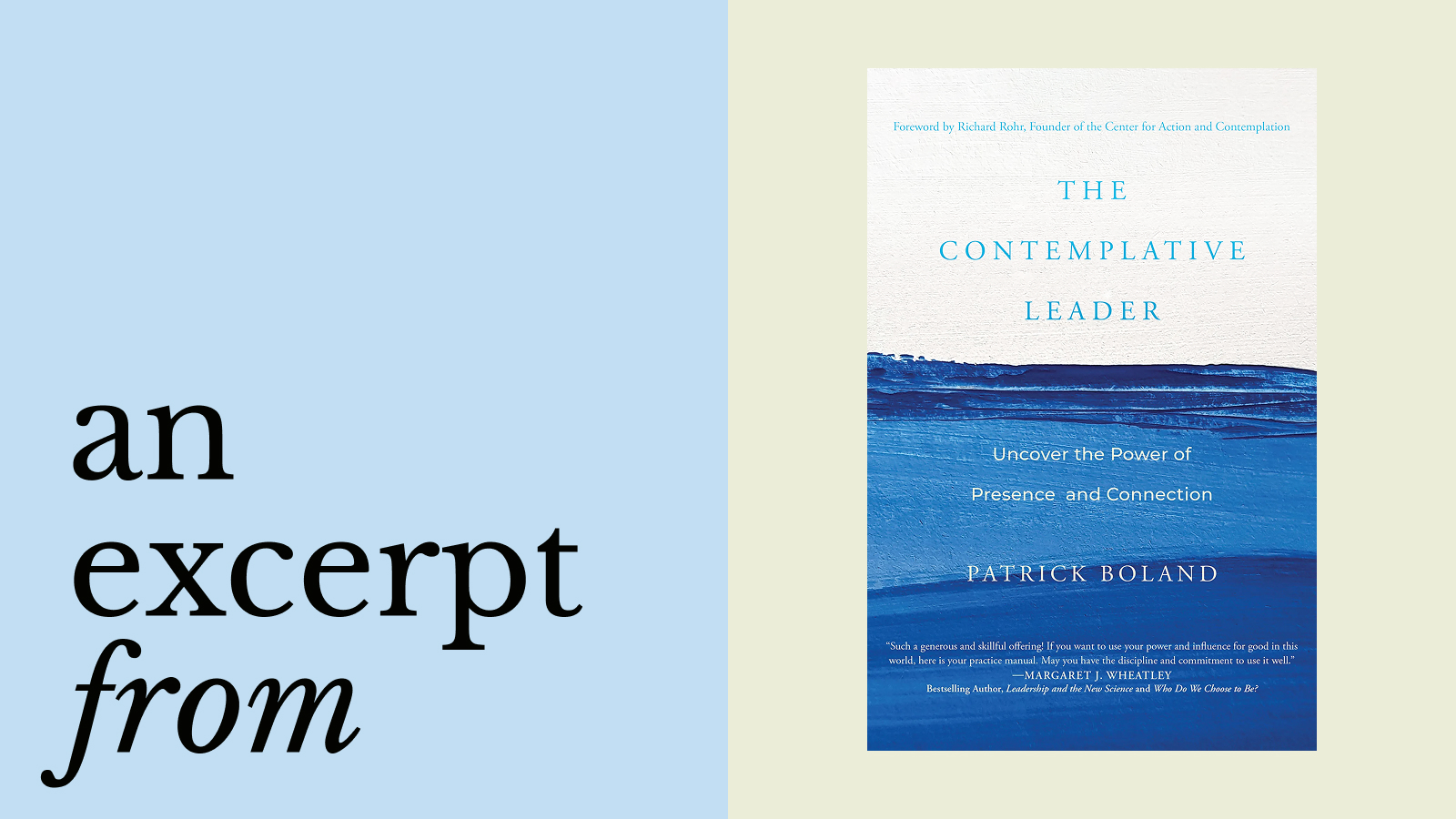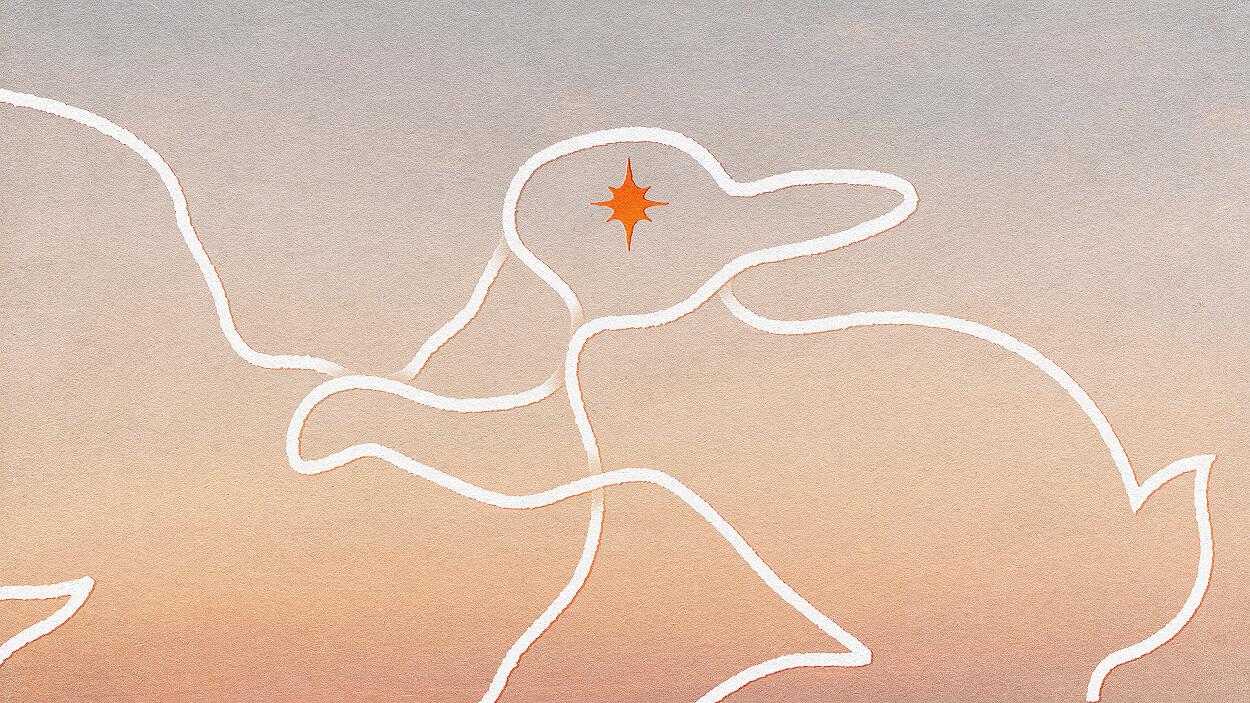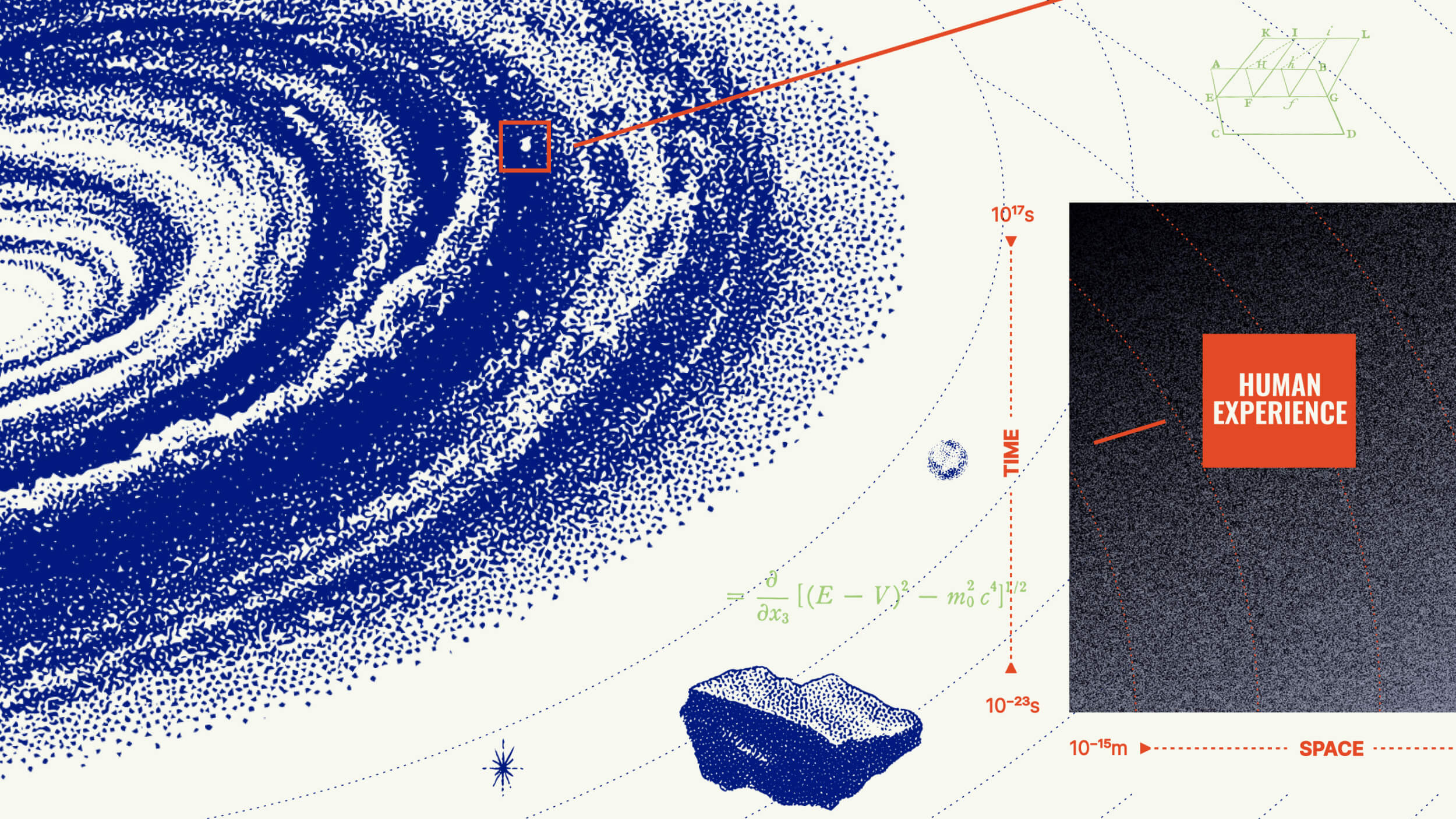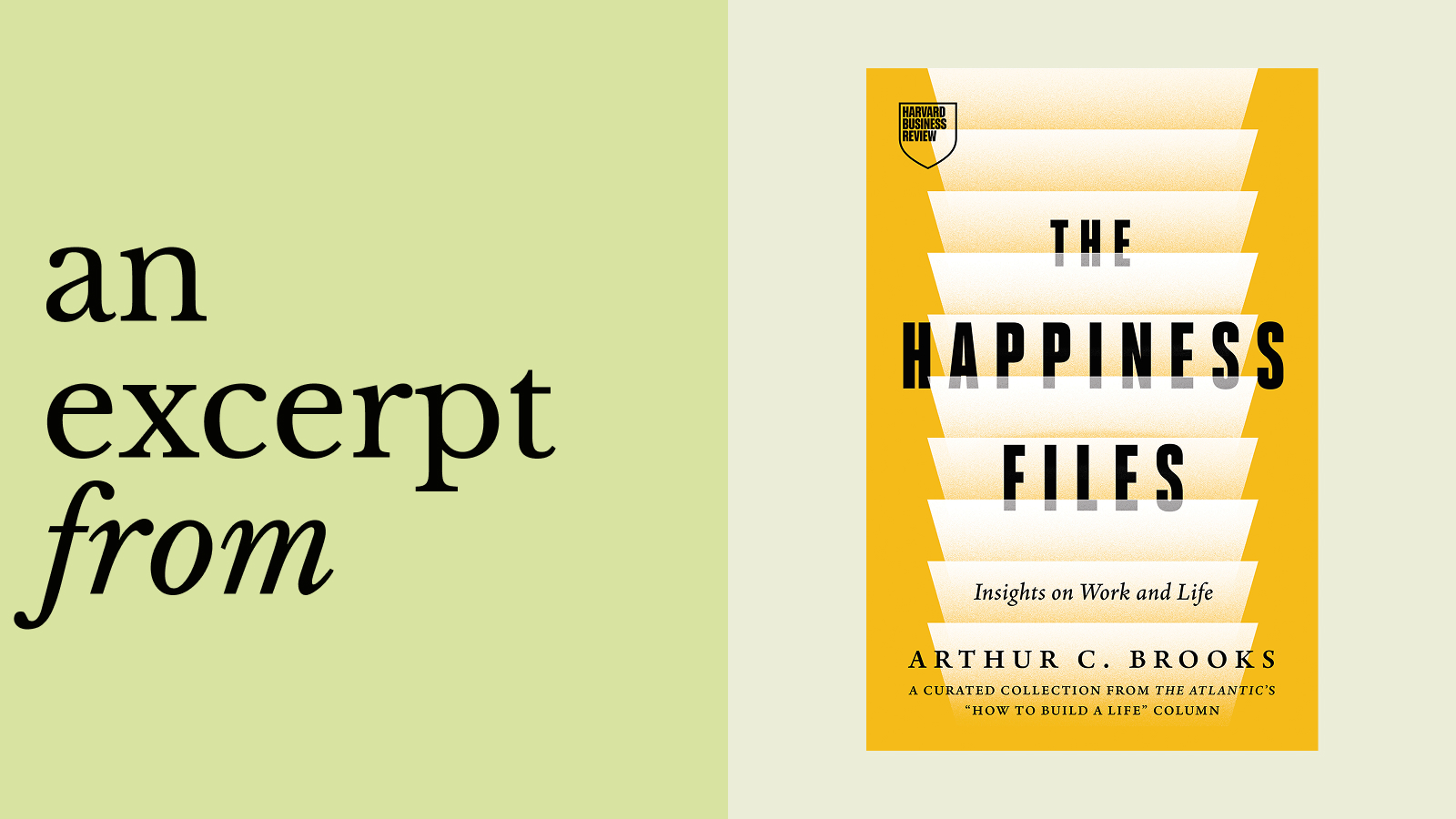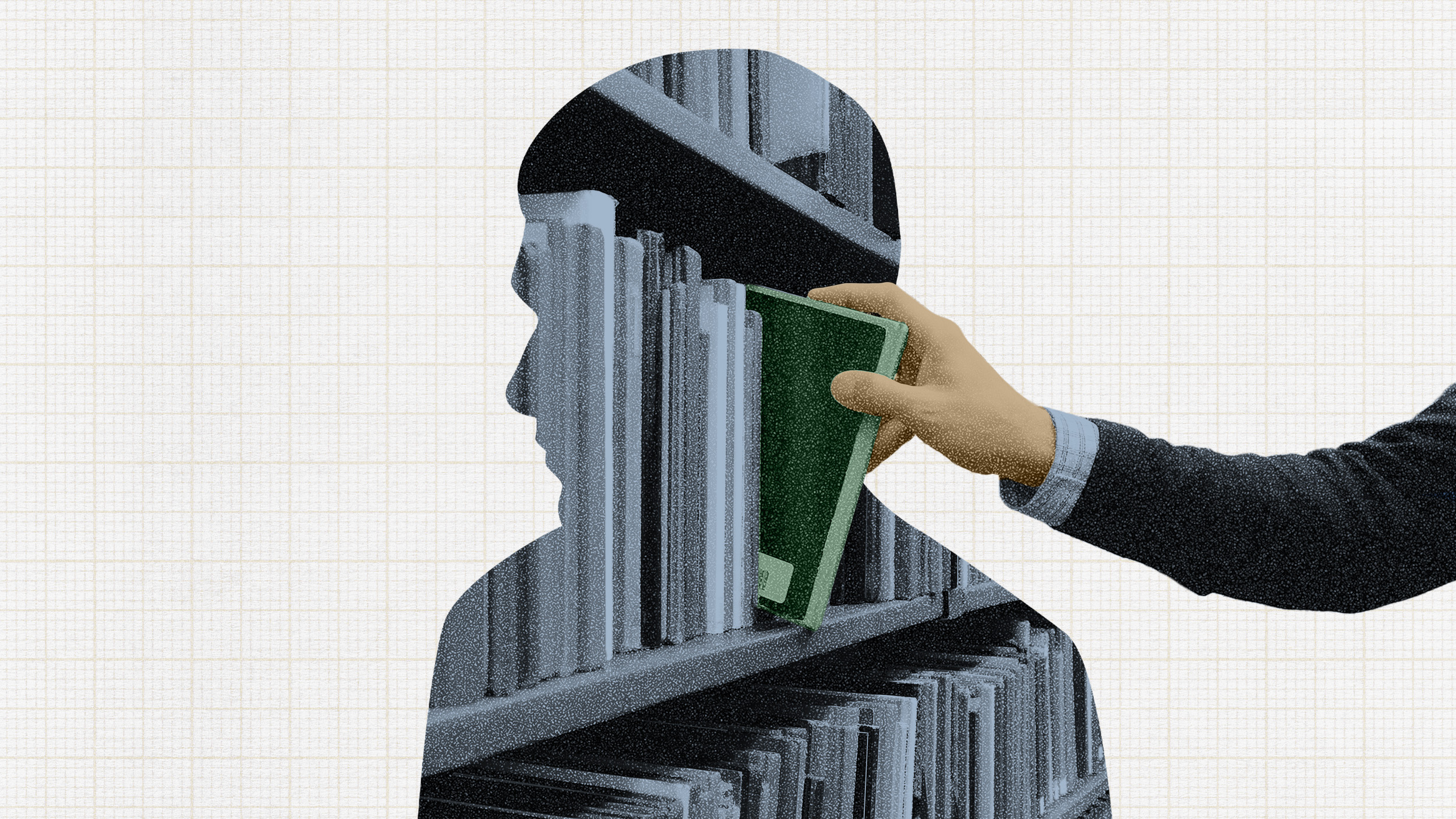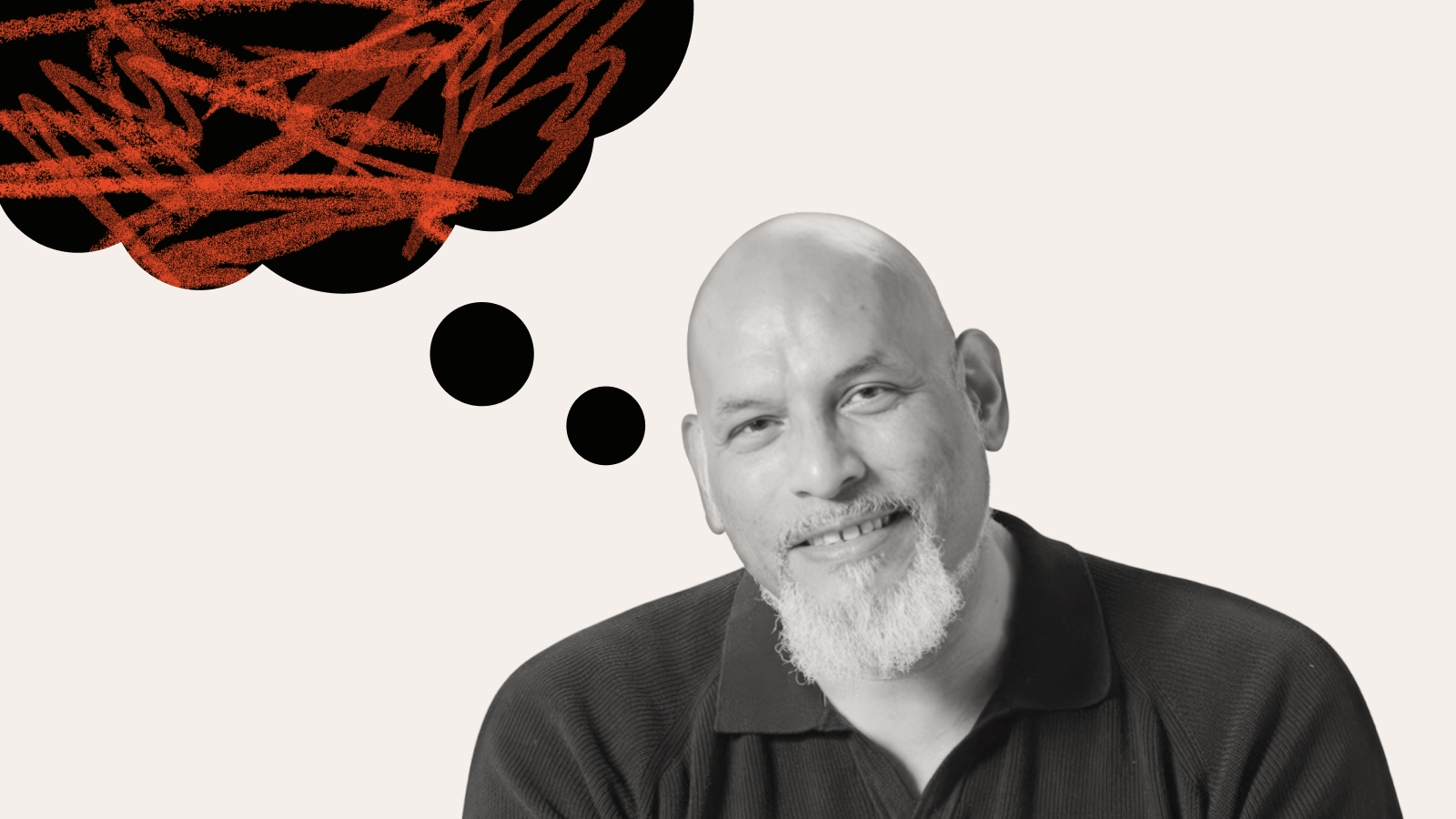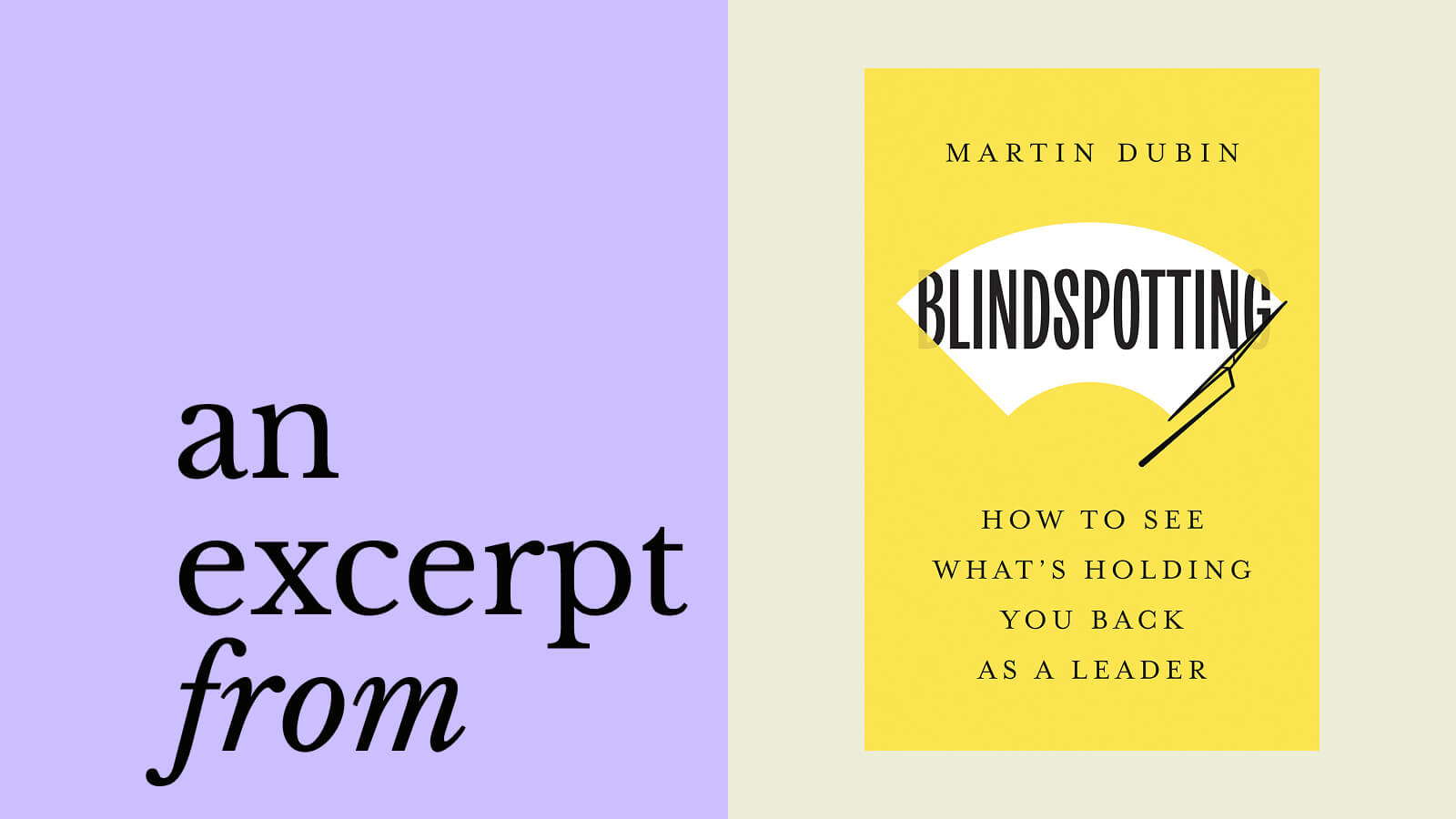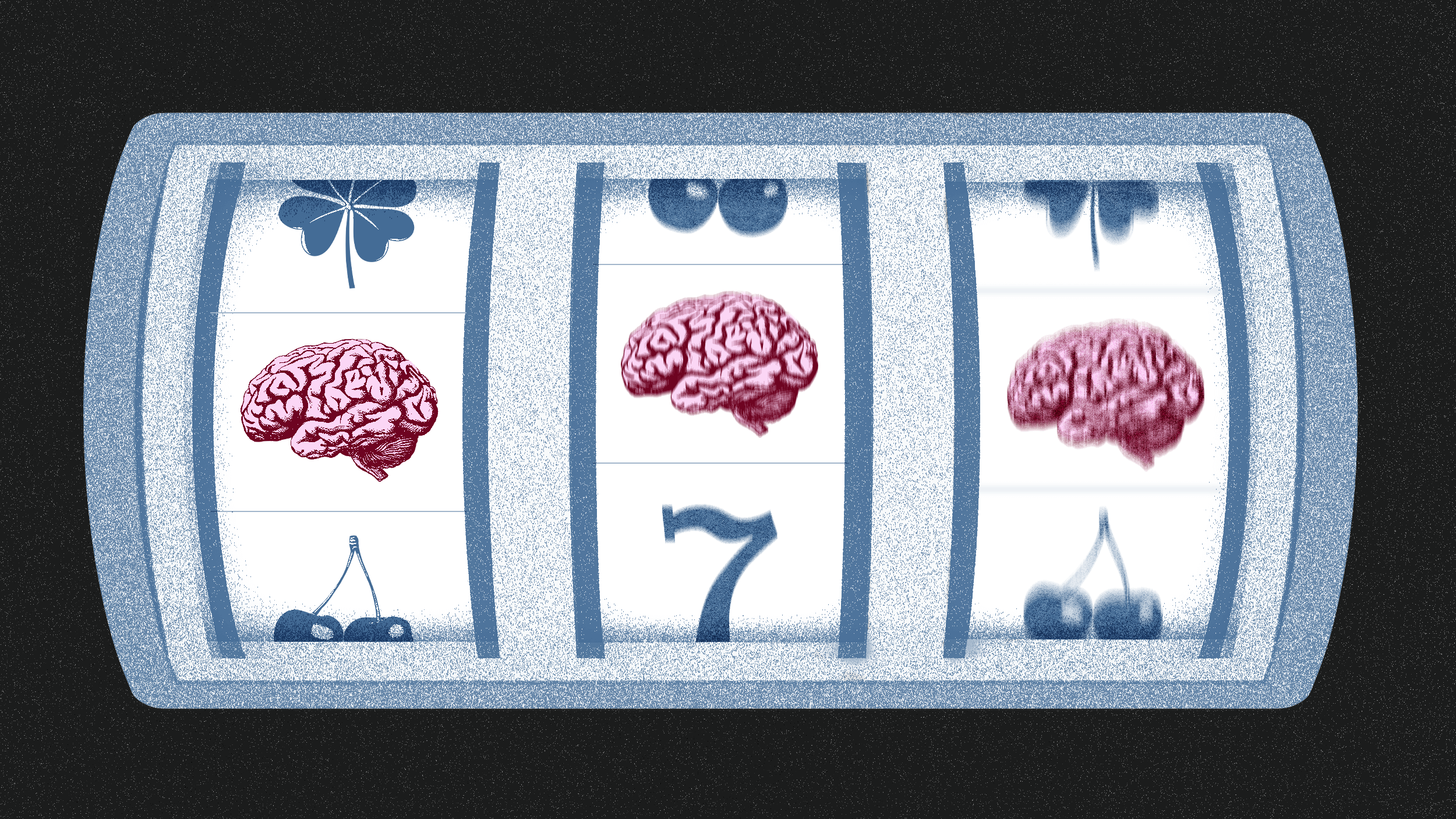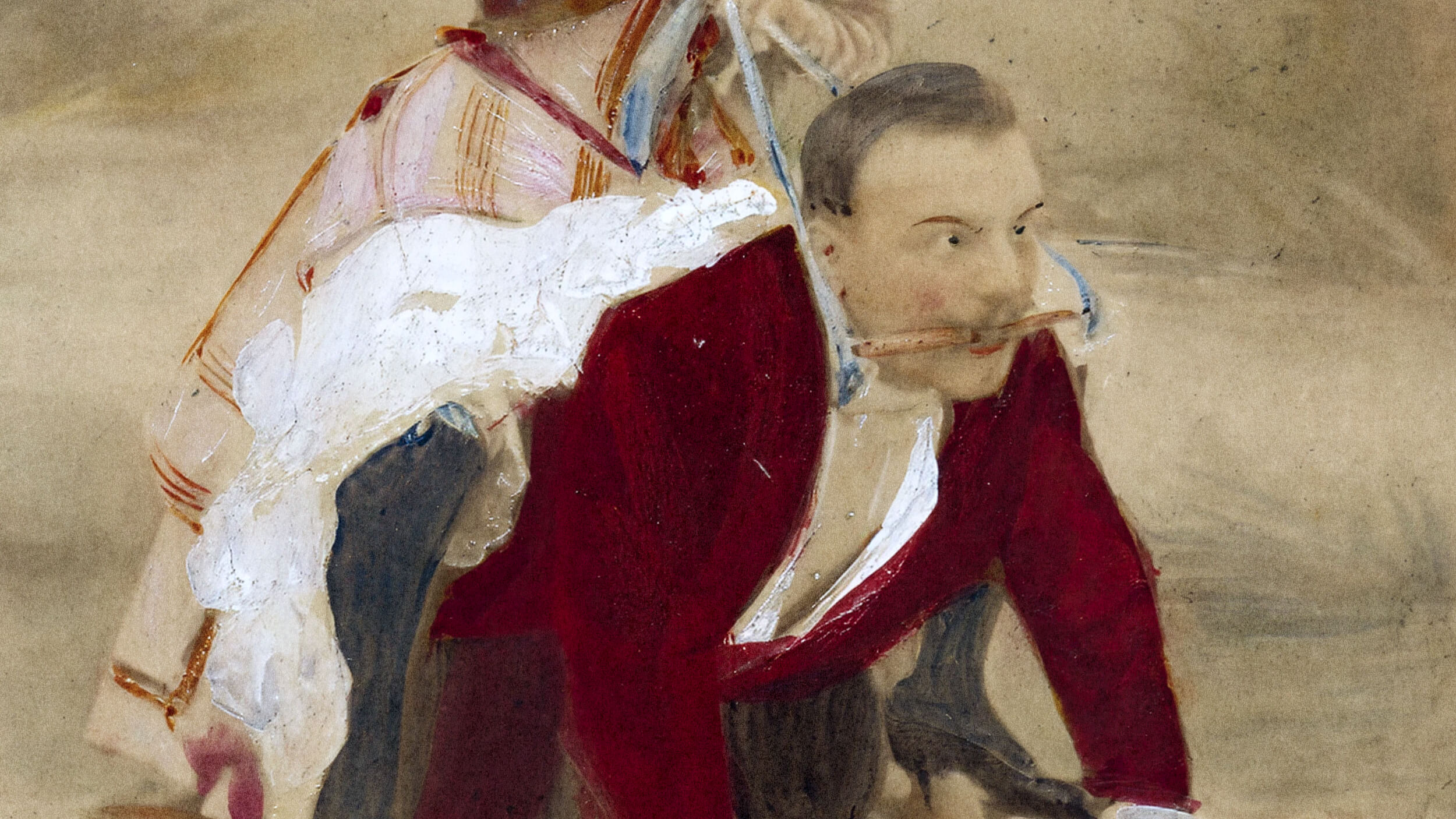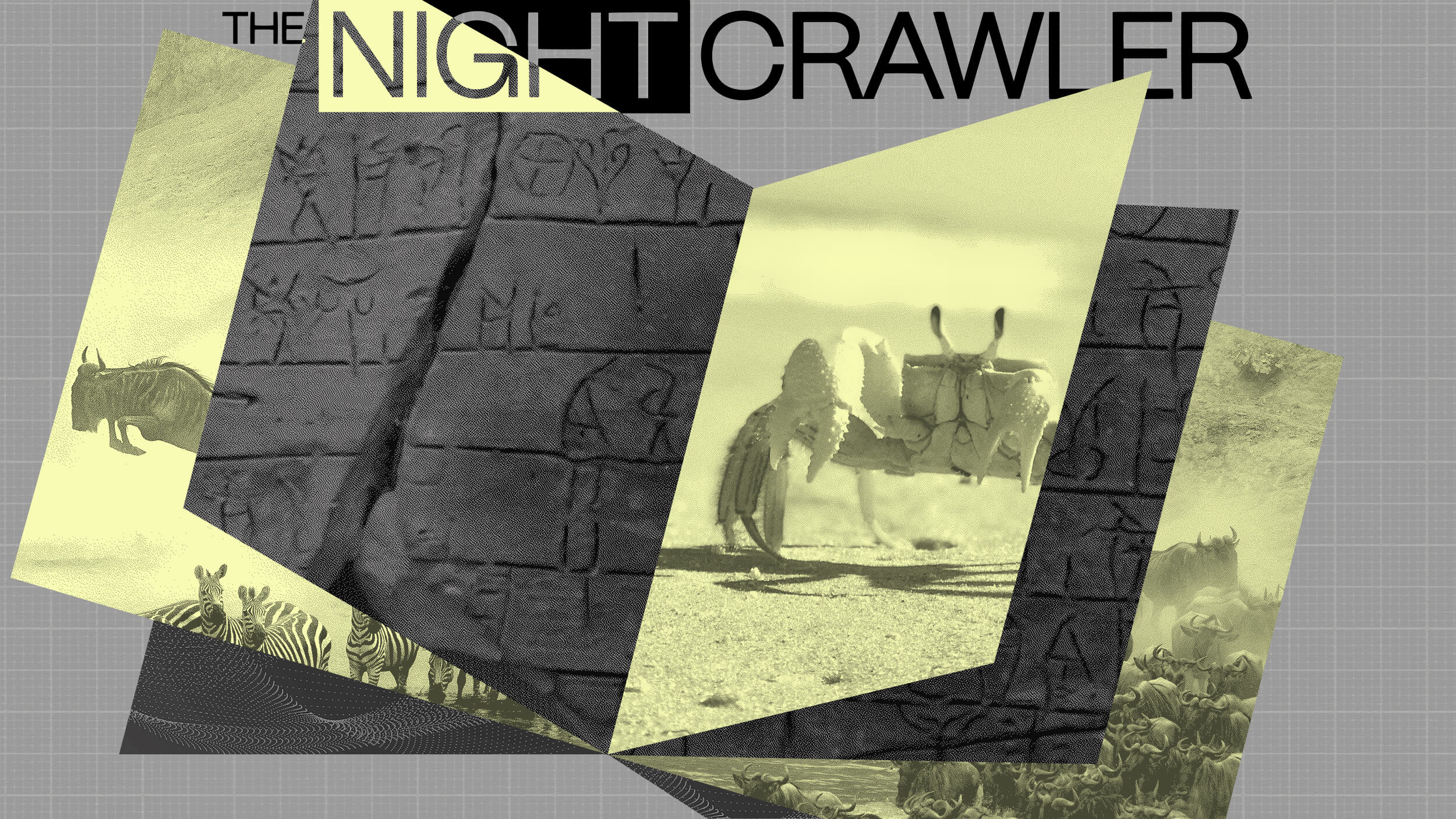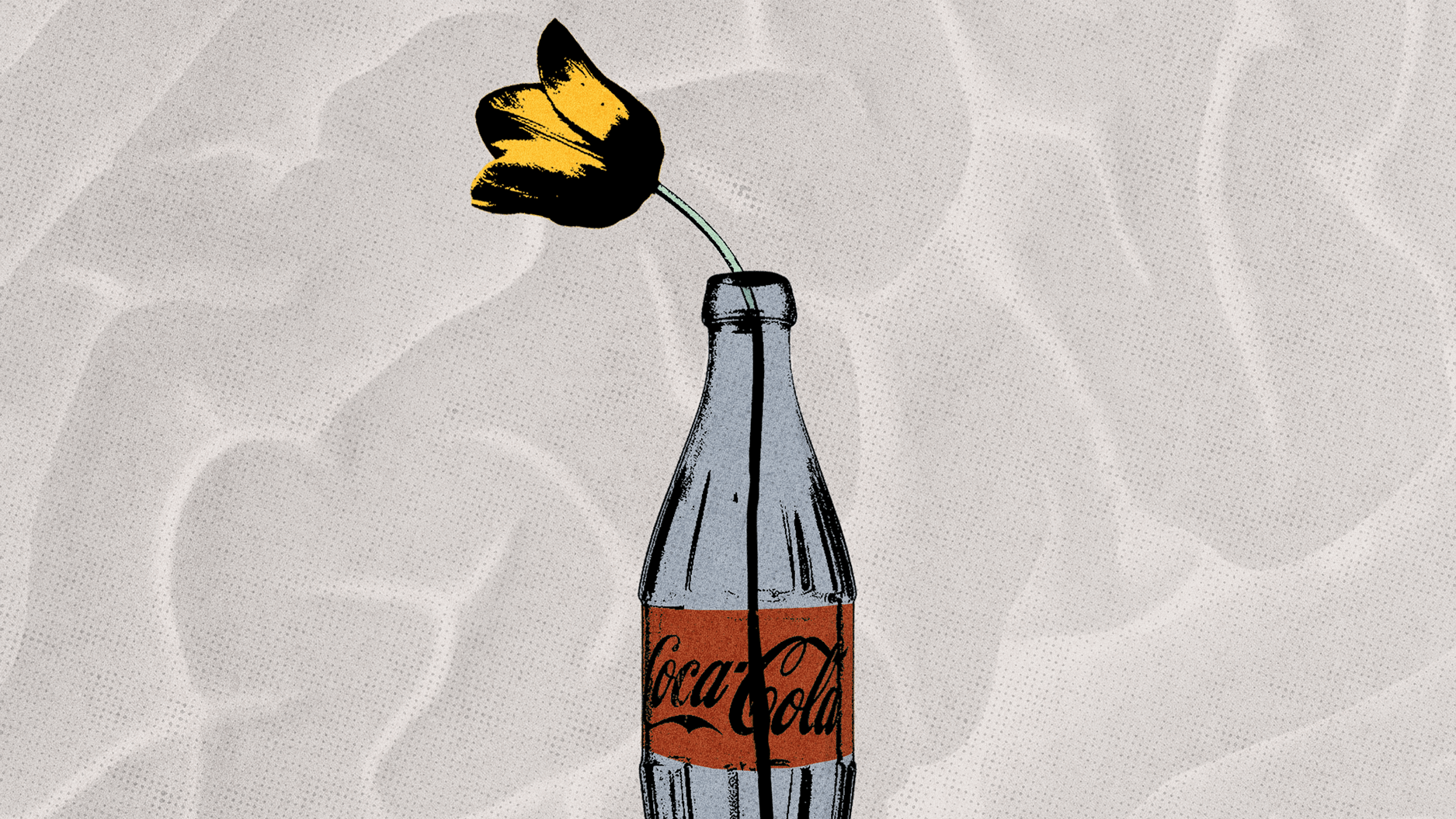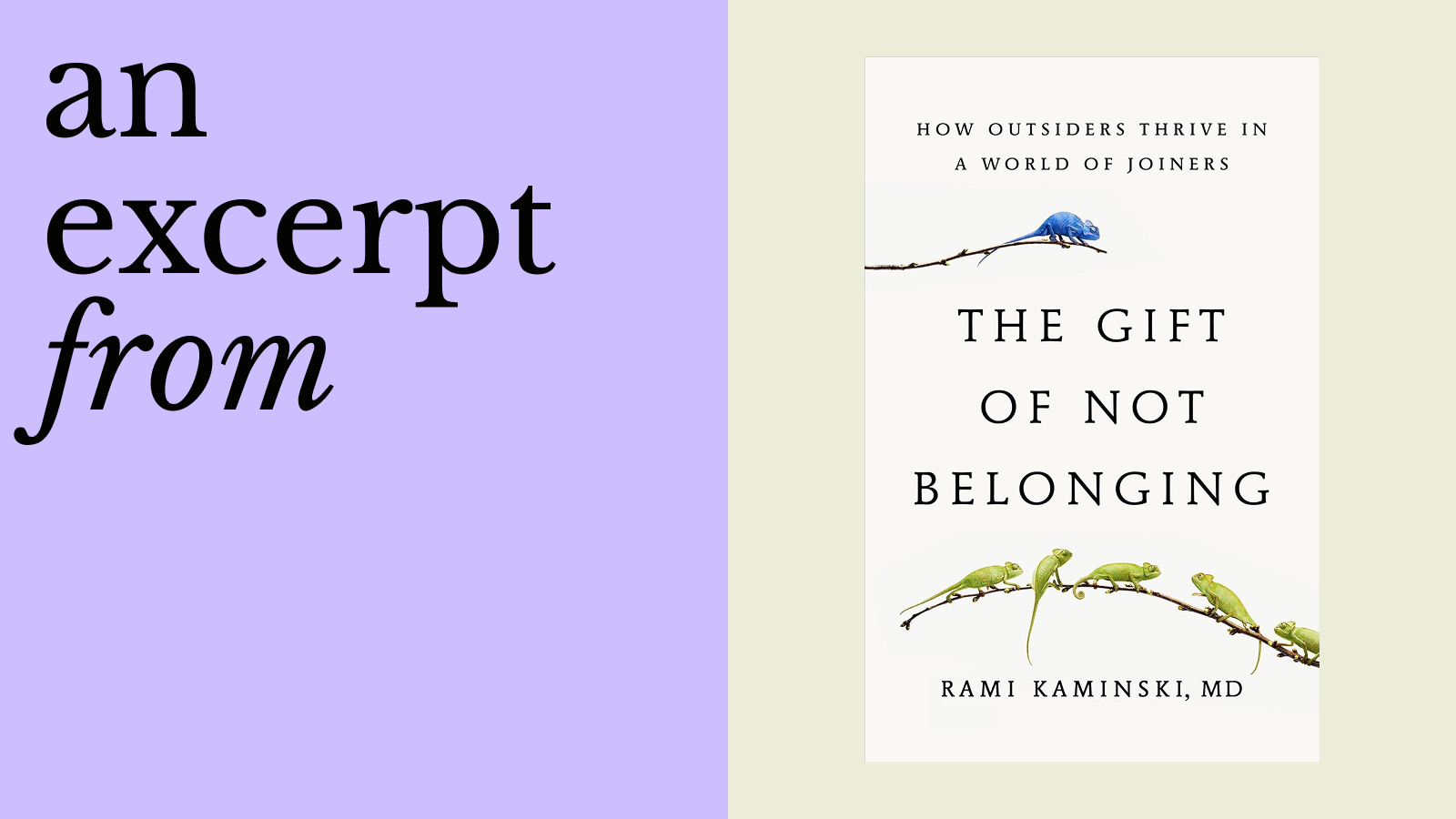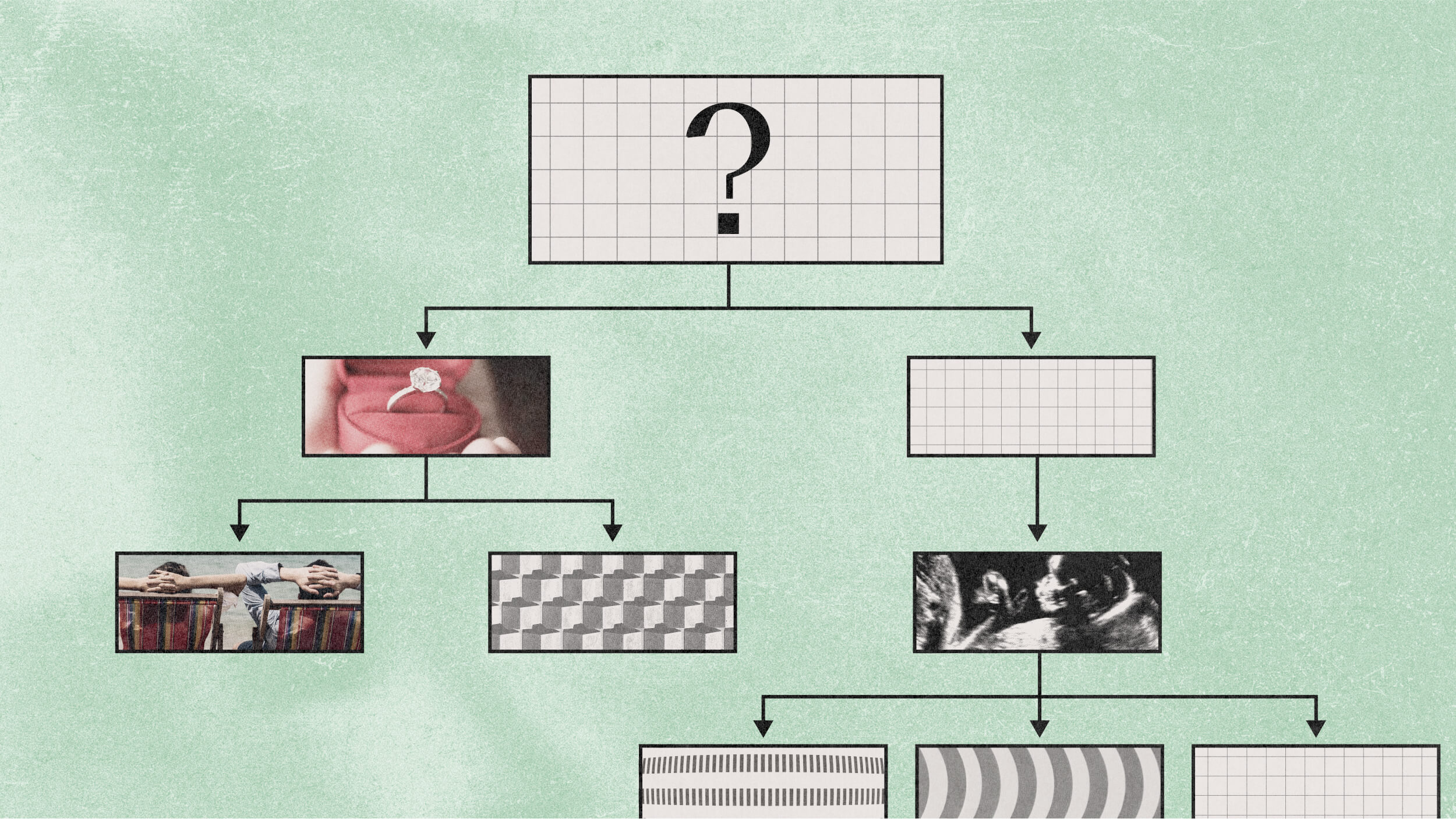psychology
You may actually be on the same wavelength.
What happens when your boss decides to weaponize positivity in the workplace?
In this excerpt from “When Everyone Knows That Everyone Knows…,” Steven Pinker examines how crying may have evolved as part of a suite of emotional expressions aimed at strengthening social bonds.
Despite the claims of speed reading apps and programs, you actually have to read the book if you want to learn.
Strengthen your focus like a muscle.
A contemplative approach to leading others can help us accept the tension of not always knowing how things will play out.
Welcome to The Nightcrawler — a weekly newsletter from Eric Markowitz covering tech, innovation, and long-term thinking.
“Who ya gonna believe: me or your own eyes?” Until you can assess your perception, the answer should be neither.
Science helps us imagine the vastness of space and time — and our small but meaningful place within it.
When your head is full of information, how can you actually make use of it?
Harvard Kennedy School professor and author Arthur C. Brooks guides us through the give-and-take of feedback — even when it is negative.
The Japanese practice of “tsundoku” bestows joy and lasting benefits to those who make books an important part of their lives.
Wonder is like a guest you haven’t planned for.
Our minds crave simple, linear narratives. But society rarely follows a straight line.
Author and geopolitical strategist Paulo Cardoso do Amaral urges us to ask: Will we shape AI with wisdom, or will AI reshape us with strategy?
The psychologist, educator, and former NBA player discusses the professional volumes and childhood stories that shaped his life and his approach to it.
You might love your leadership role and inspire fierce loyalty — but what if that comes at the expense of a disastrous balance sheet? Here’s a way forward.
It makes no sense to talk about a “religious life” and a “public life” — there is just life.
Stuck on a hamster wheel of mindless social media scrolling? Neuroscientist Anne-Laure Le Cunff explains how to consciously redirect your reward system.
It’s something to wrestle and live with, says behavioral scientist Arthur Brooks.
How deep is your kink?
Welcome to The Nightcrawler — a weekly newsletter from Eric Markowitz covering tech, innovation, and long-term thinking.
In “Human History on Drugs,” Sam Kelly explores what the research can tell us about one of history’s most brilliant — and troubled — artists.
A mid-flight scare reveals how embracing death can bring purpose and meaning to everyday life.
Here in 2025, many of us claim to come to our own conclusions by doing our own research. Here’s why we’re mostly deluding ourselves.
In “The Gift of Not Belonging,” Rami Kaminski explains why group consensus may hinder the original thinkers who help advance society.
Annie Duke, a poker champion turned decision scientist, talks with Big Think about how to choose well under uncertainty.
